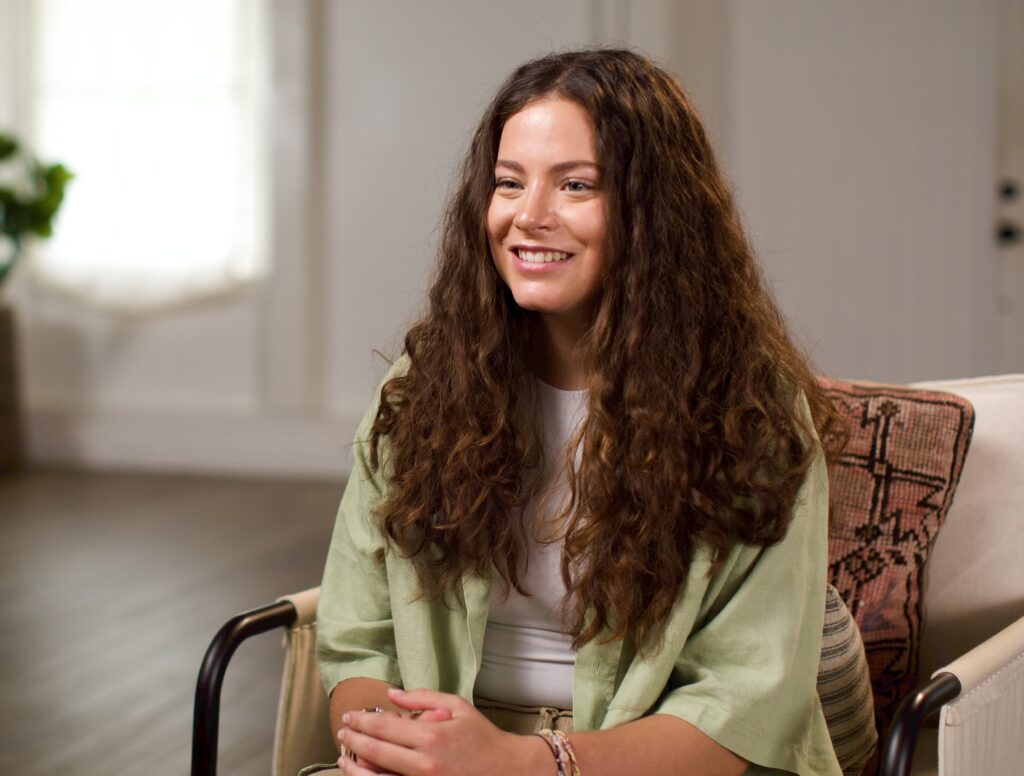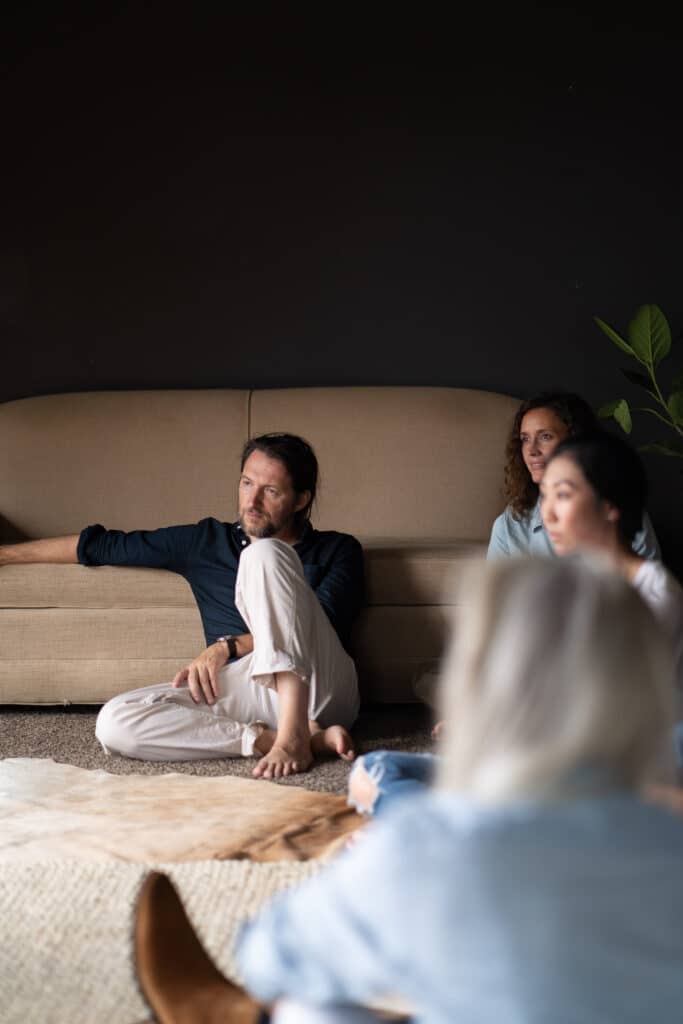Breaking Through to Deep Healing
Jennifer’s Story
From the Milestones Journal
About six months before I entered Milestones, I realized that talk therapy wasn’t going to do it anymore. It wasn’t intense enough; I was never going to solve “this problem.” And it became really clear that fixing this problem, if you can fix it, was going to be what would change the rest of my life. I have a lot of life to live, and carrying that giant cloud over my head was not something I wanted to keep doing.
I had slipped into a deep depression and had no idea how to get out. I had had years of talk therapy and EMDR but had never done deep trauma work. I knew it was time to do something different.
I went into the experience with my arms open. I was ready for whatever they told me to do because I knew I was not figuring it out alone. I had no idea what to expect. I partially believed that residential treatment was only for “severe” cases of mental health. Ironically, I didn’t consider a lifetime of trauma and debilitating depression, in my case, to be “severe.”
Driving onto campus the first day, I was struck by how beautiful it was, but then also struck by the reality that I was really doing this. I was taken care of from the moment I arrived. I remember the very first person that I met. When she said, “How are you?” I burst into tears. And she said, “That’s okay, I cried all day yesterday.” And then it just got better from there.
“I was at Milestones for forty-three days and it felt like the equivalent of ten years of the work I’d done with regular therapy and modalities.”
—Jennifer
I have some pretty significant trauma experiences in my life from childhood through adulthood. And what I never considered, and had never heard, was that it’s possible for behaviors that we usually seek treatment for to just be symptoms of trauma. Alcoholism, eating disorders, sex, addiction, depression can all be symptoms of untreated trauma. And so, if you can go back and treat that, from the beginning, you can find the healing for so many problems. It completely changed my relationship with trauma.
I know now that residential treatment allows you the time and space to address the core and deep-rooted causes of your struggles. It sounds silly, but it’s so obvious to me now; there was no amount of talk therapy or EMDR appointments that was going to help me do the deep work required. Residential treatment allowed me to step away from my day-to-day commitments and focus solely on healing. I also realized that the entire environment was curated for healing; from the food, to the setting, to the various therapeutic experiences, to the free-time activities, to the interaction with all the staff members.
I was at Milestones for forty-three days and it felt like the equivalent of ten years of the work I’d done with regular therapy and modalities.
After Milestones, I am much more protective of my time and well-being. I’ve made my circle smaller. That doesn’t mean that I don’t still have a large group of friends. But when you’re healing, I think it’s important to surround yourself with people who understand you and what you’re going through. The community during my time at Milestones was a major factor in my healing. I learned during my time at Milestones the difference between community, friendships and family. And they are not the same. The community we created was a group of people with shared experiences, who “speak the same language” and understand the journey each other are on.
I’m also committed to the process, so I’m doing some significant, intense work with a therapist and with groups. I go to other meetings that are very helpful. And I keep in touch with Milestones alums; we meet every week. I am very intentional about setting up a routine and keeping the healing journey going. I wish I had done this years ago!
More resources from Milestones




